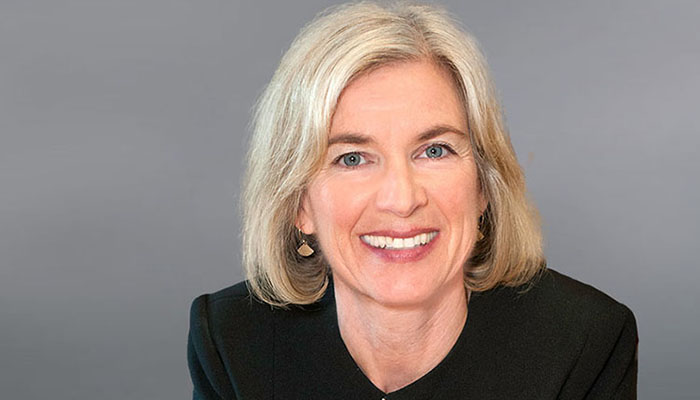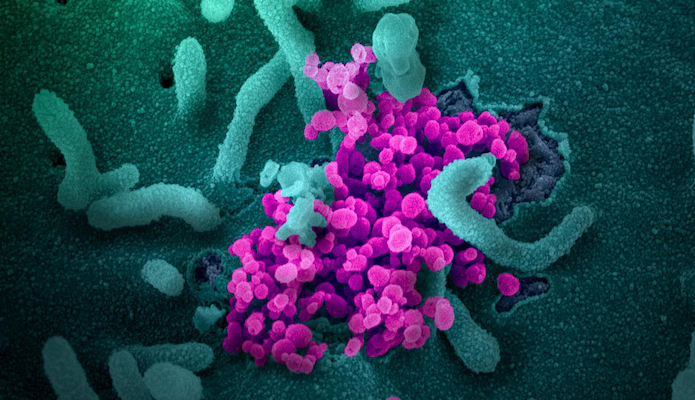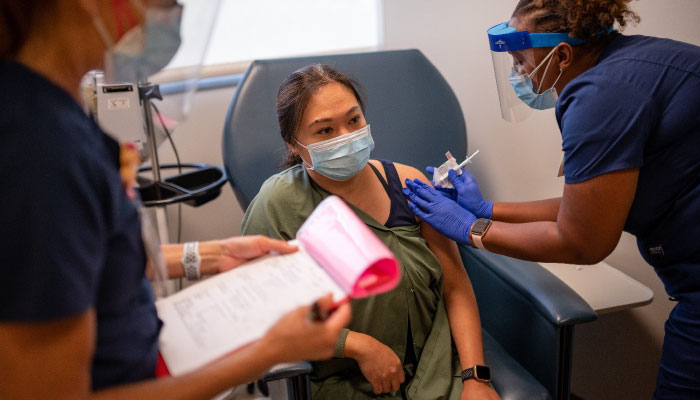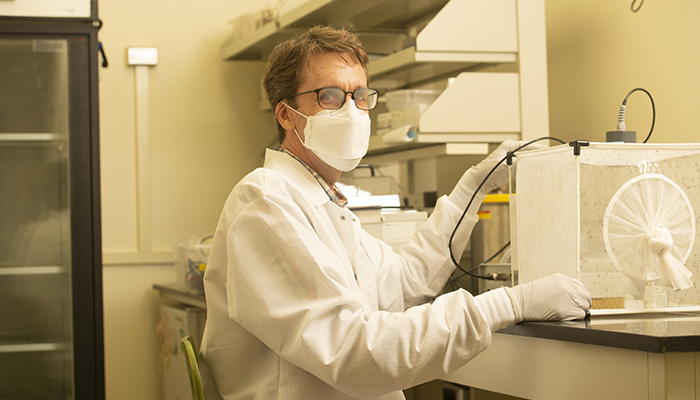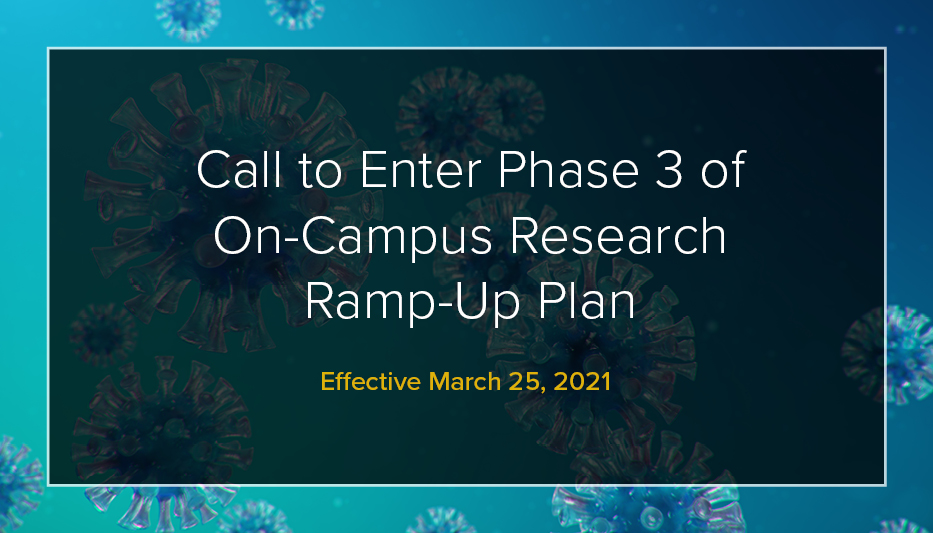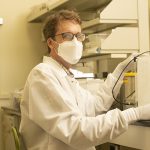Jennifer Doudna on CRISPR, coronavirus and curiosity-driven research
Last week, Jennifer Doudna, the 2020 Nobel Laureate in Chemistry, gave a fascinating talk to an online audience of more than 1,600 viewers. She shared her journey in co-developing the powerful genome-editing technology CRISPR and its potential to improve diagnosis and treatment of COVID-19.
Doudna’s co-discovery of CRISPR-Cas9 genetic engineering technology has disrupted human and agricultural genomics research. It has enabled scientists to change or remove genes quickly and with great precision.
The event was co-sponsored by the UC Davis Office of Research and the School of Medicine. It is an extension of their collaborative COVID-19 research town hall events and part of the UC Davis Distinguished Speaker Series in Research and Innovation.
“We were thrilled to have such a pioneer in research and champion of innovation speak at our event,” said Prasant Mohapatra, UC Davis Vice Chancellor for Research. “Dr. Doudna’s work will continue to shape future advancements in human health and agriculture.”
Curiosity and collaborations driving discoveries
Doudna gave a taste of her journey developing CRISPR, a method inspired by the bacterial immune system.
“It is exciting to do discovery research and to answer our curiosity about the world we live in,” Doudna started her talk. “Curiosity-driven research is critical for discovery and innovation.”
She stressed the value of collaborations and partnerships in turning discoveries into applications. Doudna also talked passionately about Lab Without Walls, an academic consortium of researchers from five labs at UC Berkeley and UCSF. Researchers there are developing point-of-care on-site tests for coronavirus.
“Schools of Medicine are in a unique position to improve health. They integrate education, research and clinical care to deliver life-saving treatments directly to patients,” said Allison Brashear, dean of the School of Medicine. “Dr. Doudna and her research team exemplify the tremendous benefit that team science contributes to improving the health of everyone.”
CRISPR genome editing in medicine and agriculture
CRISPR is a powerful technology for editing plant, animal and human cells with many exciting research and industrial applications.
One of its successful medical applications is in sickle cell disease. The technology has moved from proof of principle and lab testing to human clinical trials. The first patient treated for sickle cell disease using CRISPR provided hope of a cure for this disease.
Doudna was cautiously optimistic about CRISPR revolutionizing diagnostics.
“CRISPR is naturally multiplexed and can detect multiple viruses at a time,” Doudna said. “The main challenge remains in the delivery mechanism.”
Doudna also shared her excitement about the potential applications of genome editing in agriculture. She talked about her collaboration with UC Davis researchers to explore CRISPR use in making rice more resilient to climate change.
During the Q&A session moderated by Profs. Ralph Green and Angela Haczku, Doudna pointed that people seem to accept medical uses of CRISPR more readily than its agricultural applications.
“People might be more desperate for medical treatments and innovations. They are probably more trusting in medicine and its review process but show concern in agricultural applications of genome editing. It is like people have an emotional reaction about their food being altered. They seem not to trust it.”
Call for transparency in CRISPR research and applications
Doudna addressed the issues of transparency, accessibility and affordability of the technology. She is pushing to establish transparency guidelines for researchers and industries. She would like them to share their work and make it more publicly accessible.
She also discussed the controversy of genome editing in human embryos.
“DNA repair in embryos is very challenging,” she said. “It requires lots more research to know how to do it safely and ethically.”
Doudna is a leader in public discussion of the ethical implications of genome editing for human biology. She advocates for thoughtful approaches to the development of policies around the use of CRISPR-Cas9.
Latest News & Events

